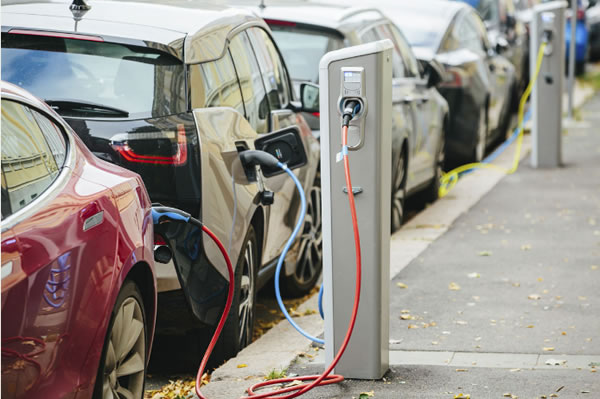
(Source: Stanford official website)
According to foreign media reports, researchers at Stanford University and SLAC National Accelerator Laboratory have invented a new coating that can make lightweight metal lithium batteries safer and more durable, and promote the next generation of electric vehicles. development of.
During the test, this coating can greatly extend the life of the battery, and greatly limit the generation of lithium dendrites, avoid piercing the separator between the battery's positive and negative electrodes, and solve the burning problem. Lithium dendrites can not only damage the battery, but also cause a short circuit in the flammable liquid of the battery. Lithium-ion batteries occasionally have the same problem, but rechargeable lithium metal batteries are more affected.
Compared to lithium-ion batteries, lithium metal batteries can provide at least one third more electricity per pound, and are much lighter, because lithium metal batteries use light lithium as the positive charge end, rather than bulky graphite. Researcher Cui said: "If the performance of lithium metal batteries is improved, in addition to portable electronic products such as laptops and mobile phones, the automotive industry will be the biggest beneficiary. Because the battery consumes its own energy during the operation of electric vehicles. One quarter affects the mileage and production costs of electric vehicles. "
"The capacity of traditional lithium-ion batteries has almost been developed to the limit," said David Mackanic, a doctoral student and one of the main researchers at Stanford University. "Therefore, it is crucial to develop new batteries to meet the growing energy density requirements."
Stanford University and the SLAC research team tested their coatings on the positive charge end (ie, negative electrode) of standard lithium metal batteries. The negative electrode is usually where lithium dendrites form. They use negative electrodes and other components with special coatings to build operational batteries. After 160 cycles, their lithium metal battery can maintain 85% of the initial capacity. The ordinary lithium metal battery will release 30% of lithium after so many cycles, even if there is no explosion, it is almost useless.
The new coating creates charged molecular ions to uniformly deliver charged lithium ions to the electrode, preventing the formation of lithium dendrites. It can prevent unnecessary chemical reactions in the battery, and can also reduce the accumulation of chemical substances on the negative electrode, so as not to quickly destroy the power supply capacity of the battery in a short time. Zhiiao Yu, a PhD student at Stanford University, said: "Our new coating design makes lithium metal batteries more stable and has the prospect of further development." Currently, the team is now improving their coating design to improve capacity retention and battery cycling cycle. (Author: Elisha)
Other test equipment like gasoline injector tester and cleaner, turbocharger balancing machine, Cummins PT Injector & Pump Test Bench, Cummins HPI X15 Q60 Injector Test Bench are also necessary for a professional automotive service workshop.
Other Test Equiqment,Cummins Injector,Fuel Injector Cleaner,Fuel Injector Tester
CHENGDU UNICO MACHINERY CO., LTD , https://www.injectortestbench.com
![<?echo $_SERVER['SERVER_NAME'];?>](/template/twentyseventeen/skin/images/header.jpg)